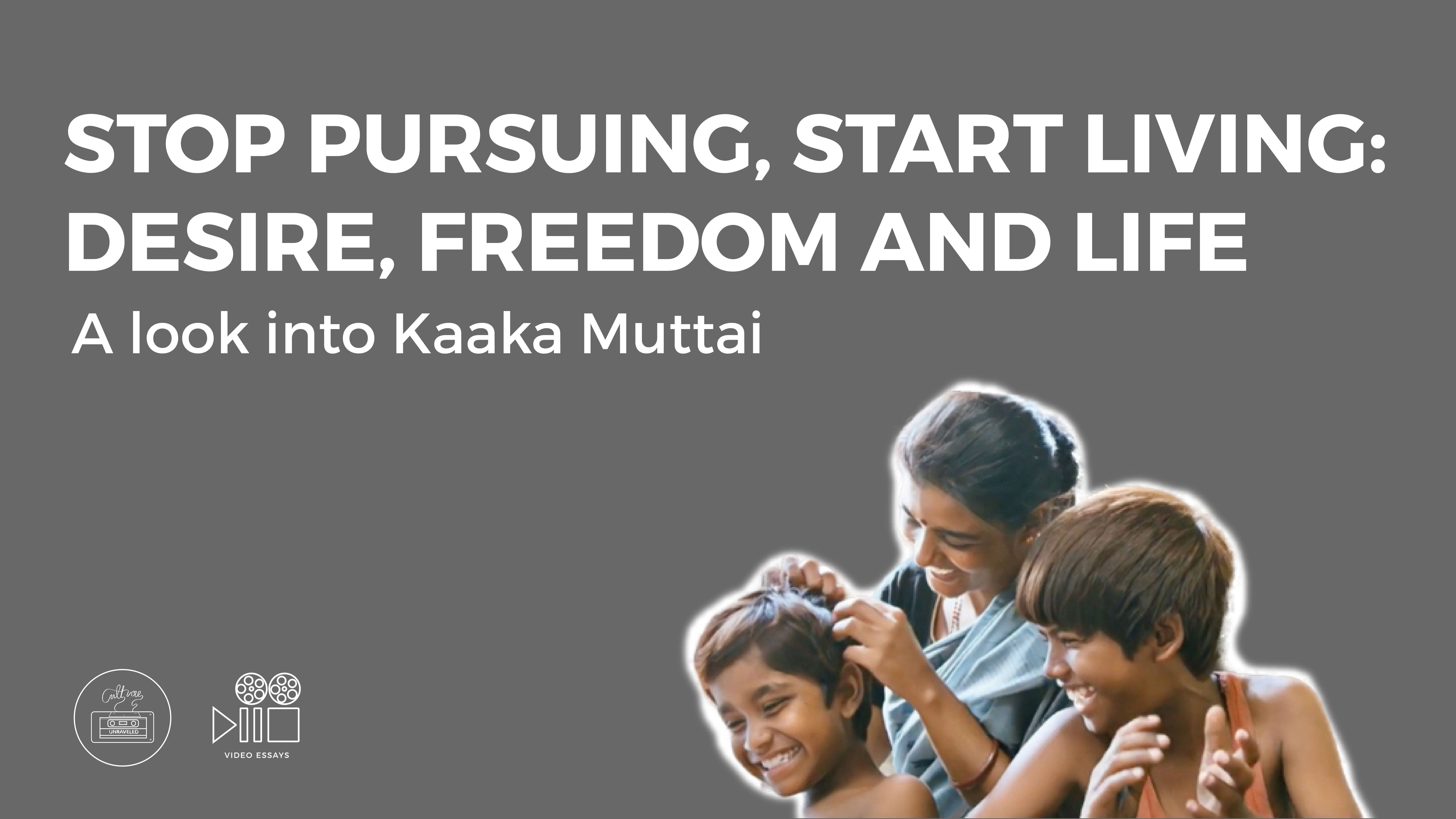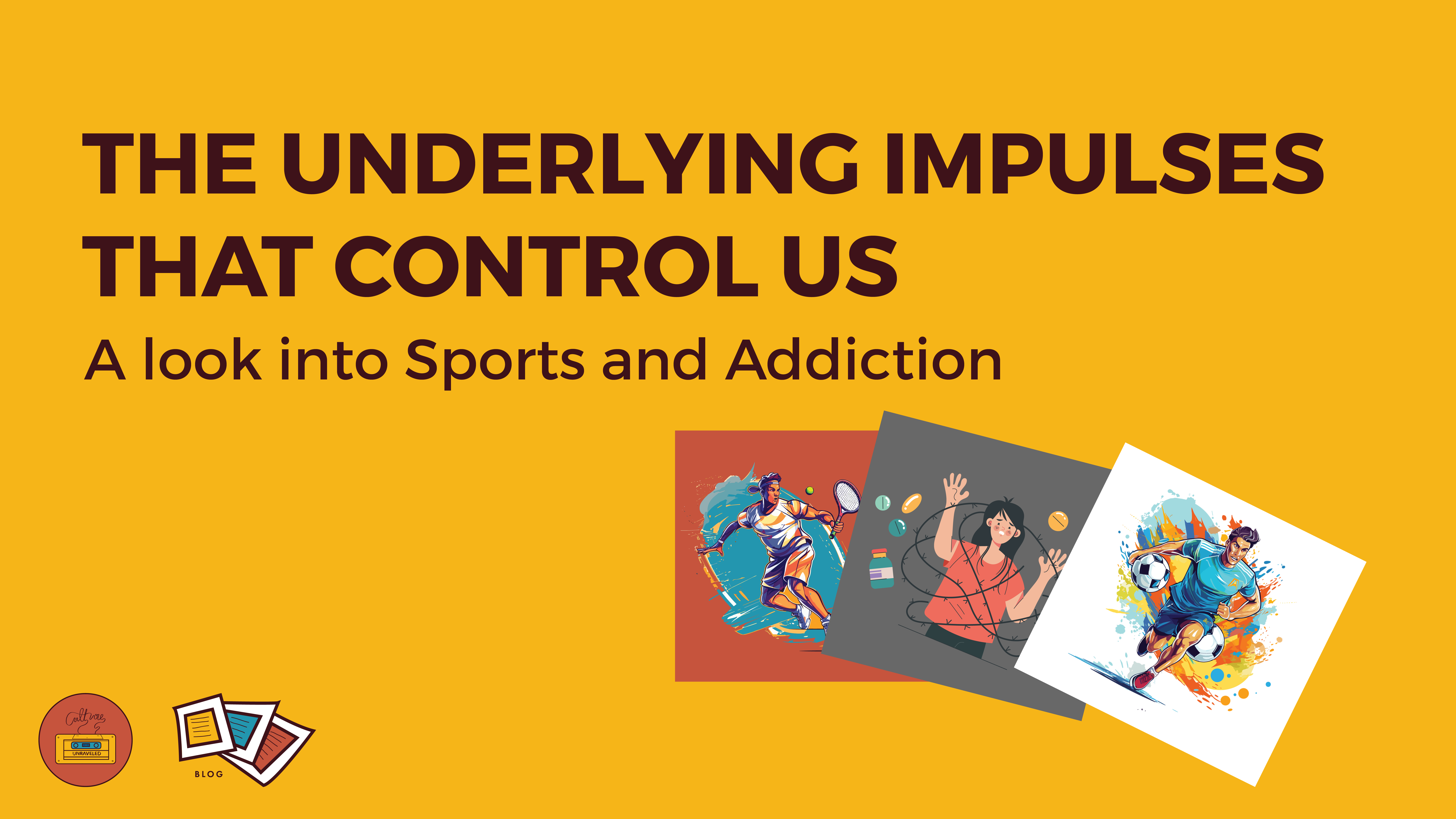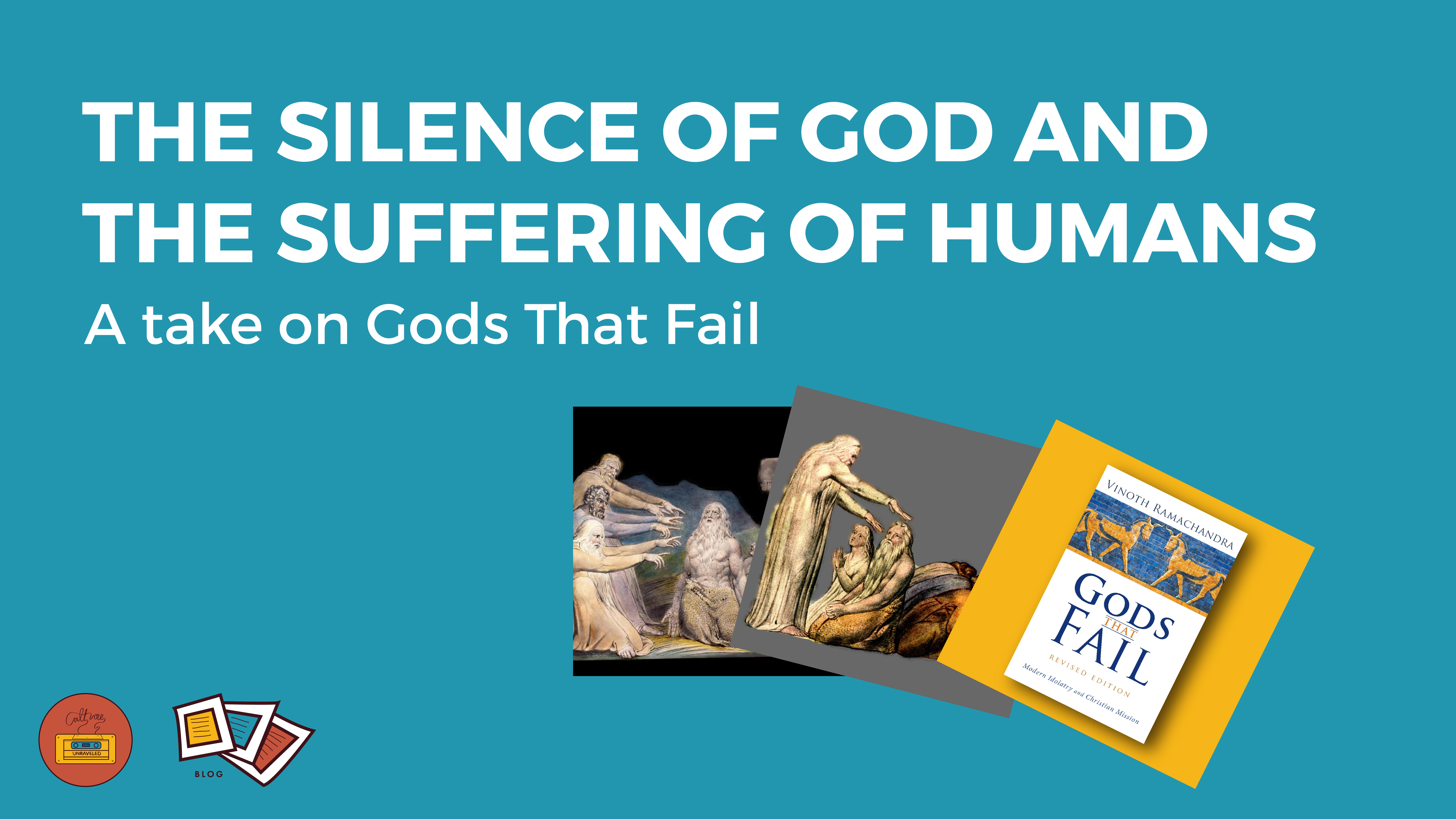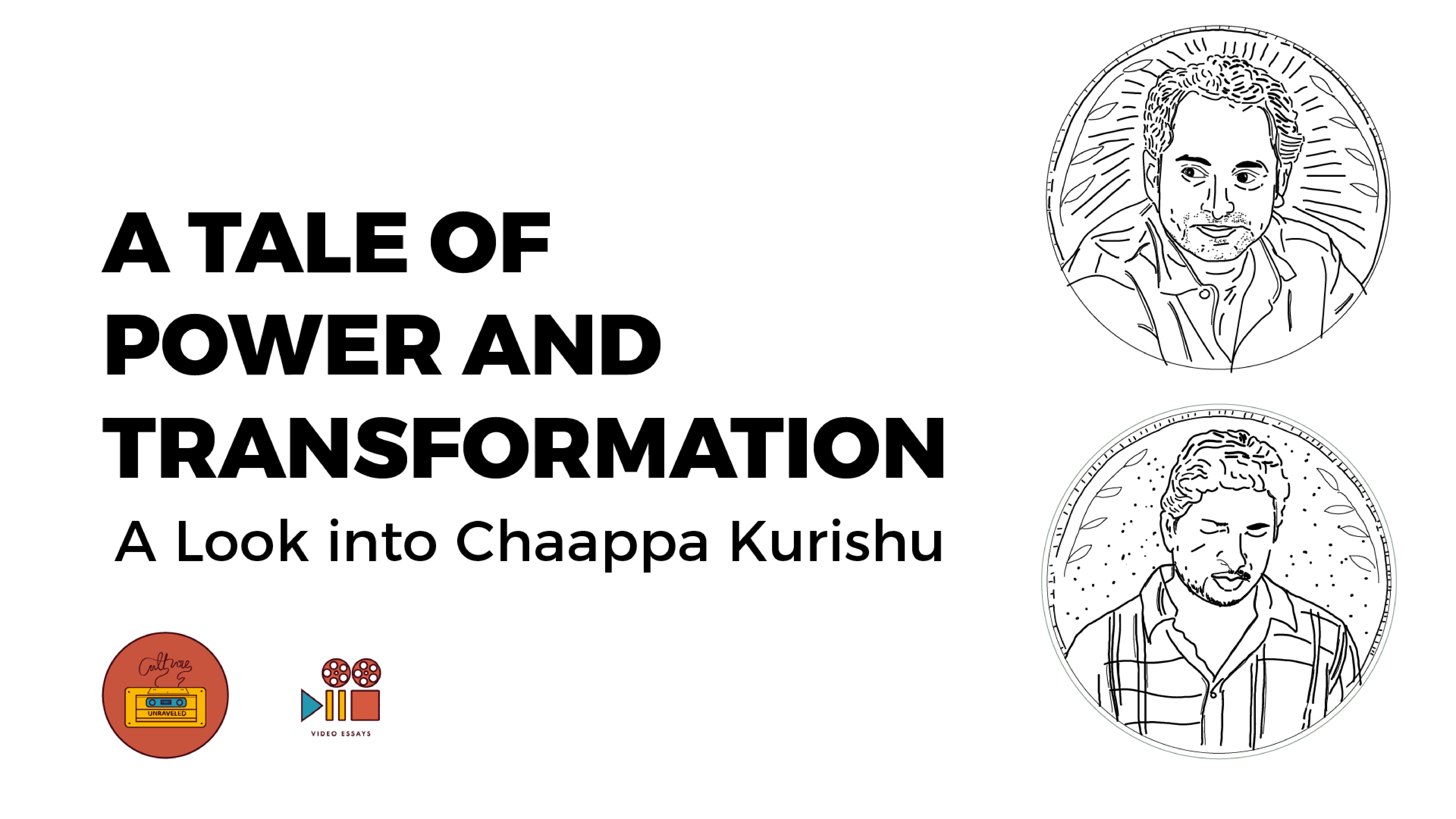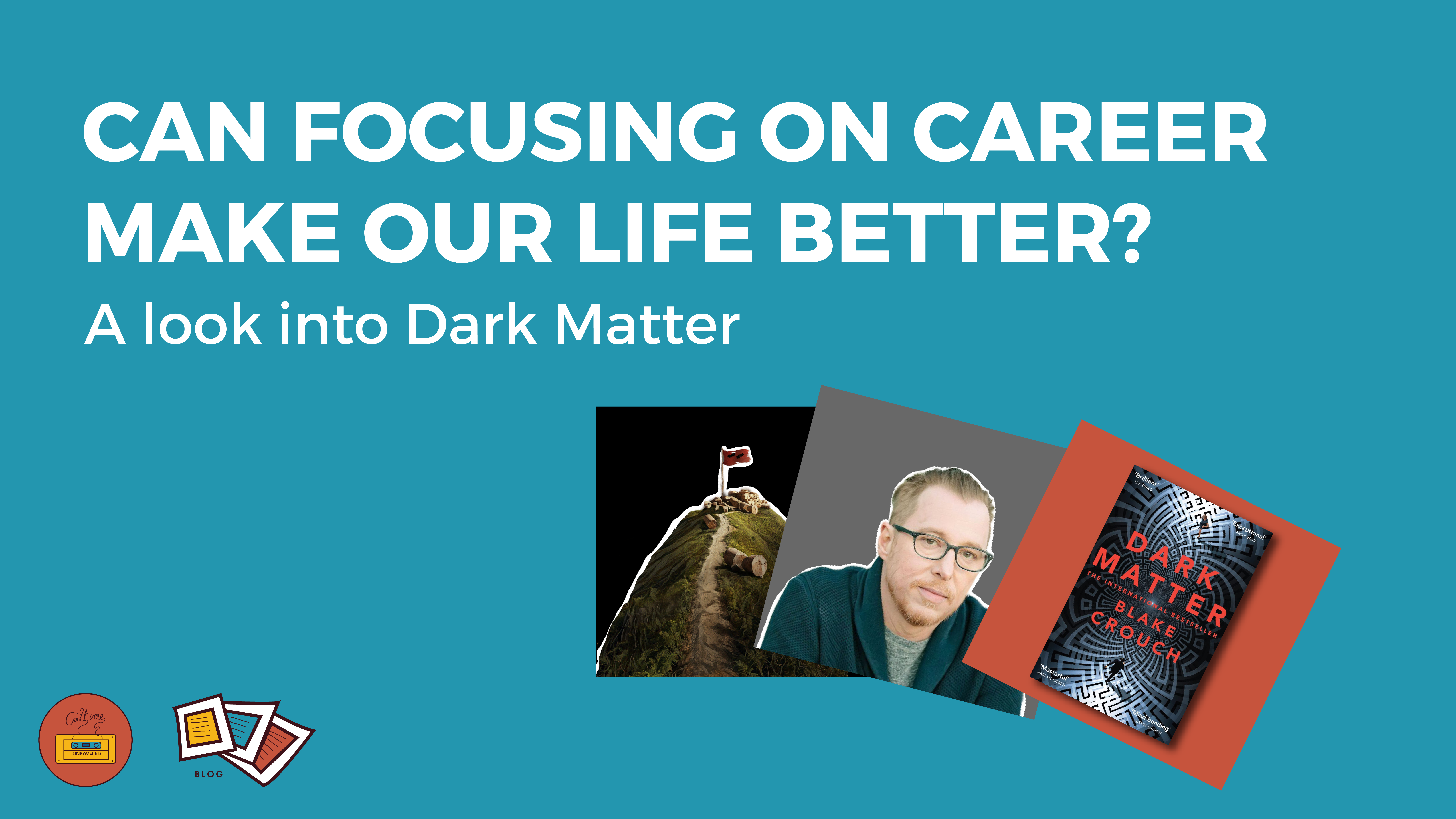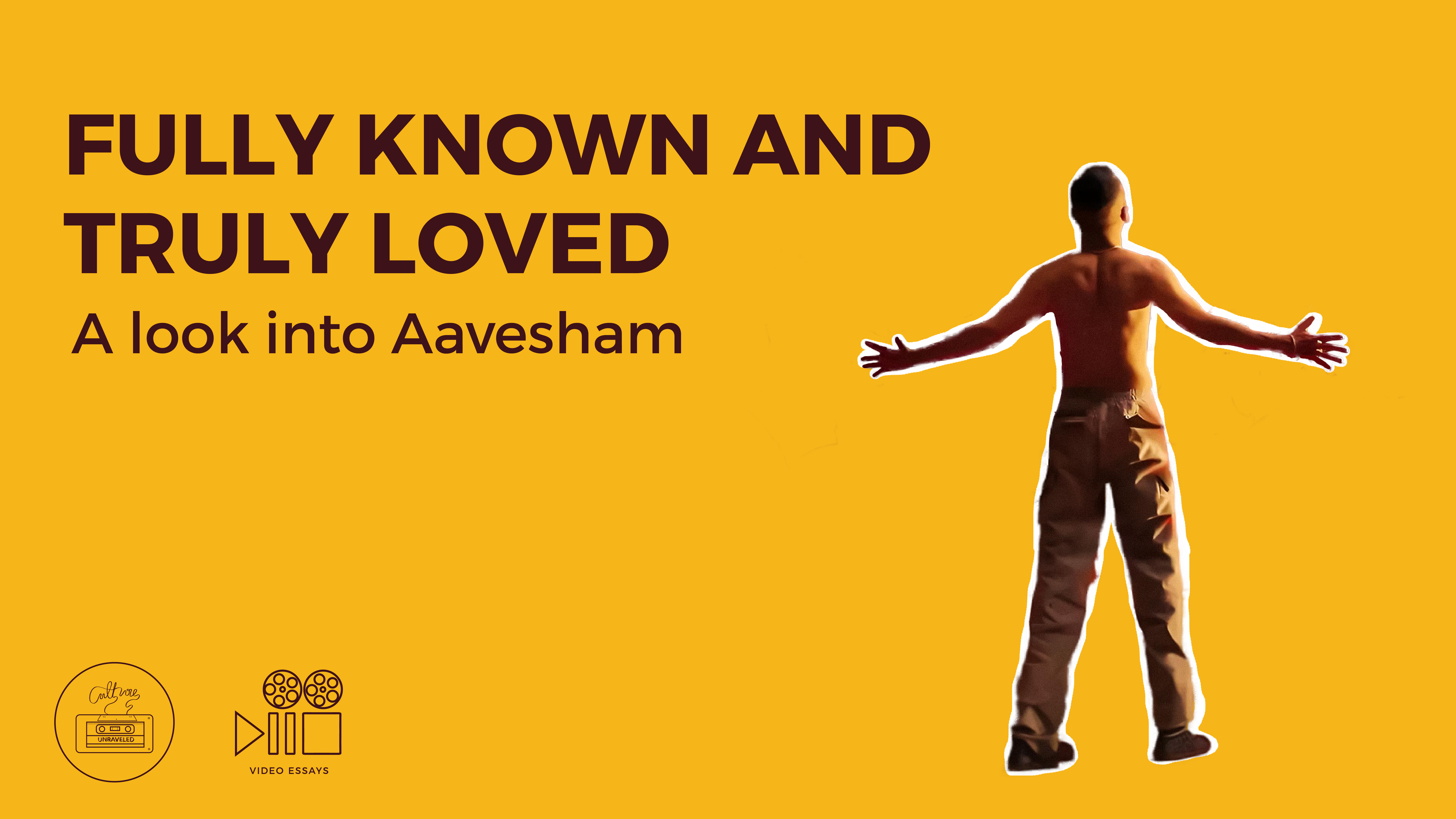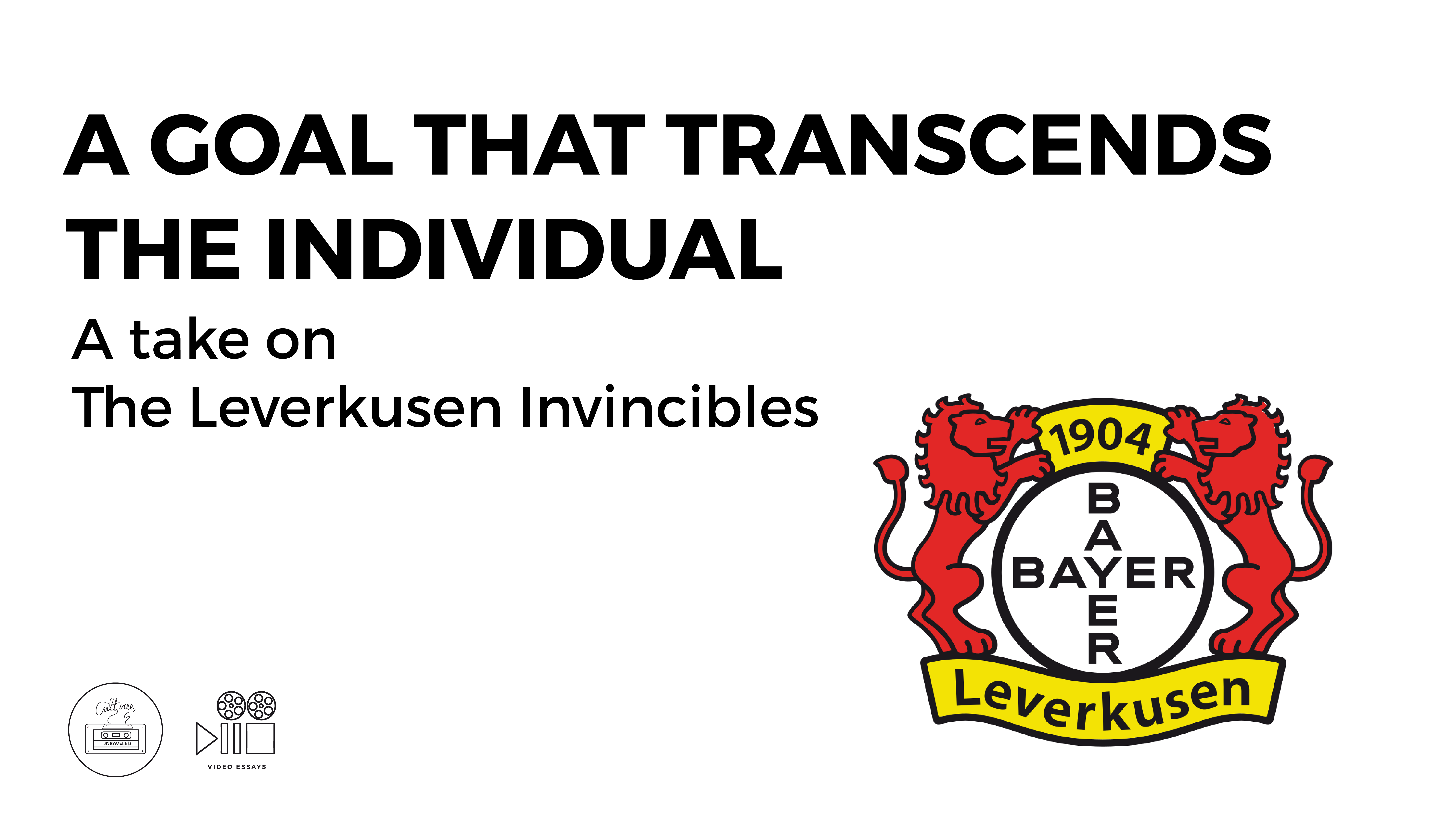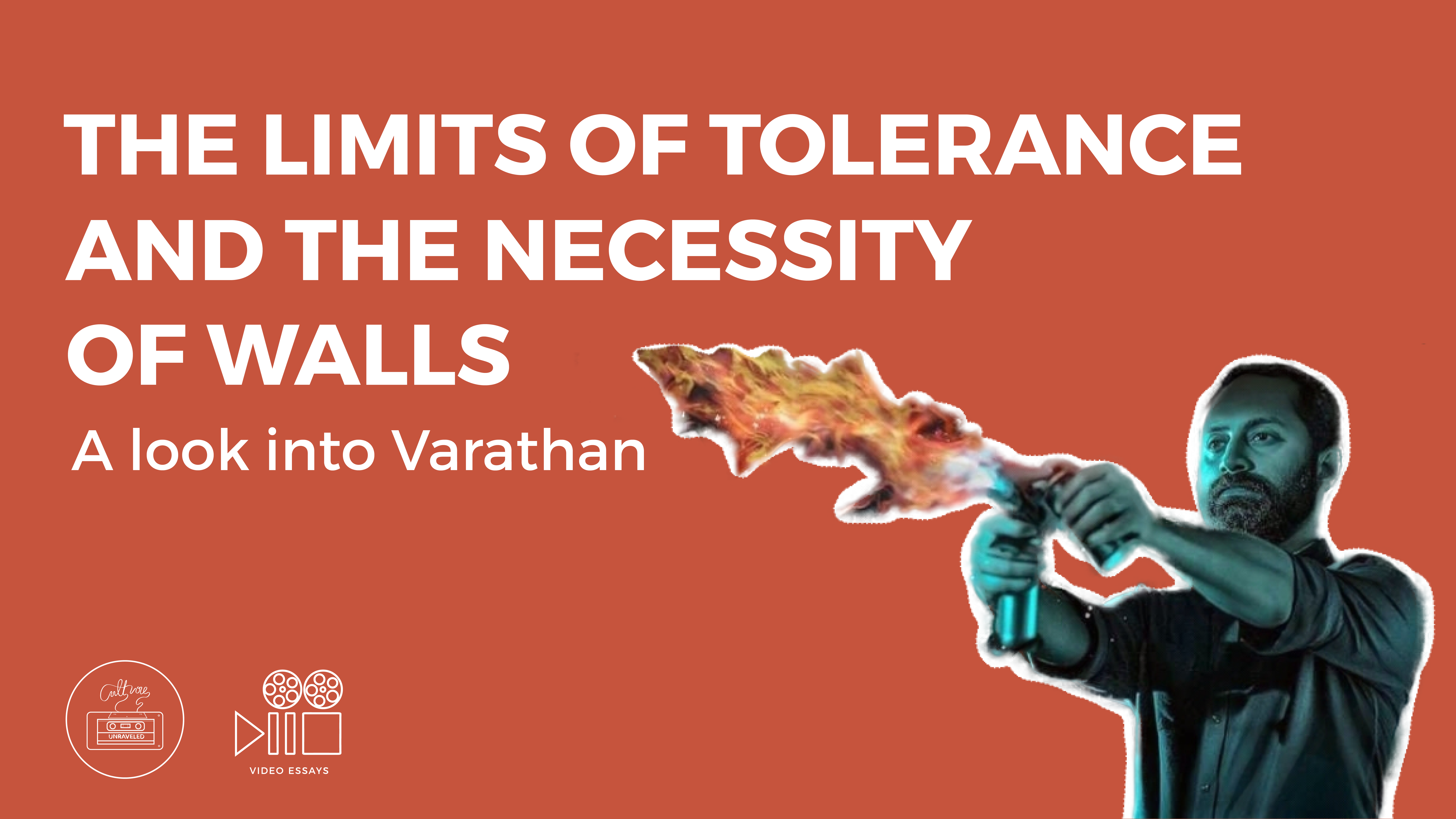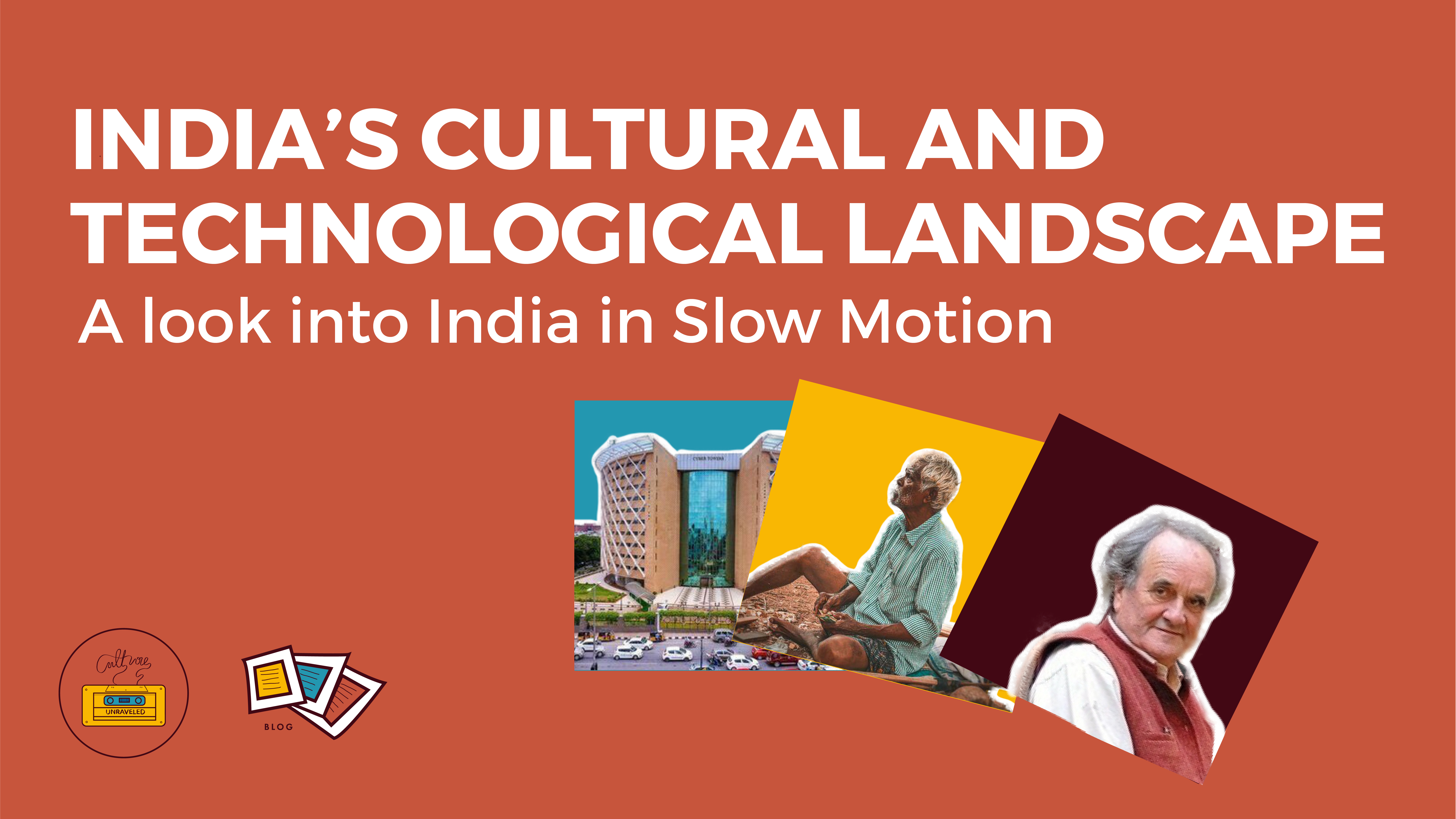
The famed & well maintained legacy of writers dealing with India’s cultural, economic, religious & political landscape, knows few, more qualified, genuine & attentive writers, than Mark Tully. Mark Tully KBE, is a British-Indian journalist who was the BBC’s Bureau Chief in New Delhi for 20 years until resigning in 1994. He has been writing about India for over 25 years. There exists the perfect balance of objectivity and personality in Tully’s posture towards India that is needed when a writer undertakes the analysis and exploration of a country from within. Most vividly displayed, is this, in Tully’s 2002 attempt at comprehensively characterising the subcontinent in his book, ‘India In Slow Motion.’
Although this book dates 20 years into the past and Tully is 87 years old today, the themes, questions & subtle predictions of ‘India in Slow Motion’, resembles a familiarity that is today. So understanding Tully’s articulation of the nuances of culture and technology in India in the 90’s and early 2000’s, could be a meditation worth the time.
From the boundless and unruly technological reality of present day, looking back at the book’s 5th chapter, ‘Creating Cyberabad’ appears almost as a prophetic warning of the danger as well as the utilities, of advancements in technology and big business. The chapter entails Tully’s time in Hyderabad, when it was quickly developing into one of the heads of the IT sector.
Some of the benefits that appear with the sudden increase of innovation in tech are:
A lot of corporations and big businesses started to come up, which meant more revenue for that region, and that led to more jobs. The quality of the infrastructure, Improved local roads and stations and services and facilities. Gave India a level of increased notoriety in the tech world, which in turn brought more money into India and tech in India.
Some of the cons would be:
Most of the jobs created during that time were going to people who were coming to Hyderabad from all over India and the world solely to work in the tech industry and Tully details how this leads to somewhat of a detachment from the true cultural identity of the area.
Time, money, and other resources were being invested into the privilege of technological innovation while there were still multiple issues on the grass-root level which demanded a greater degree of immediacy than they were granted.
The sudden rise in such a high-maintenance industry led to the displacement of certain local communities and increased the local environmental damage.
The book proves to be relevant in a multitude of ways but most apt for current times would be the role and effect of innovation in tech and what we can learn from it. We are entering a groundbreaking new era in tech and we need to know what to avoid and what to do, and Tully’s book offers us some advice. For instance, we must ensure that local and foundational issues are dealt with first before committing to long term and expensive ideas, innovations in tech can even be used in fixing certain issues as well.
We need to prioritise local communities over big corporations to maintain that integrity of our local cultural identity. We should engage with and learn from these large corporations, but we shouldn’t lose our local identity to them.
The question that Tully and his co-writer Gillian Wright seem to be posing with this book is, is there something holding India back from being among the superpowers of the world, and if there is, what might that be? By the end of the book Tully manages to conjure up an answer that comes not from his own judgement but emerges intrinsically from within the personal stories and public unfoldings detailed in the book, that answer summed up is, religious & cultural divides, corruption at multiple levels of government, agricultural & farming crisis’ is what is holding India back. It appears as if we’re facing the very same problems, just 2 decades later. But that shouldn’t be taken as a net loss, we shouldn’t be overly discouraged by that, rather we should allow it to act as an invitation to not let history repeat itself again, to look into our past and see what worked and what didn’t and act accordingly.
In this rapidly changing world filled with breakthrough after breakthrough it’s hard to sit back and really be aware of where we’re headed, but by looking into the past we equip ourselves with the knowledge of what caused our failure, and if we do that well enough, then perhaps in this non-stop hustle, just for a minute we can see India, in slow-motion.
_________________________________________
Written by Ben Joshua

